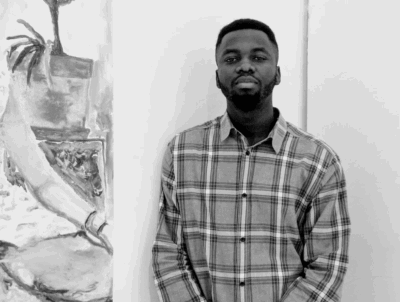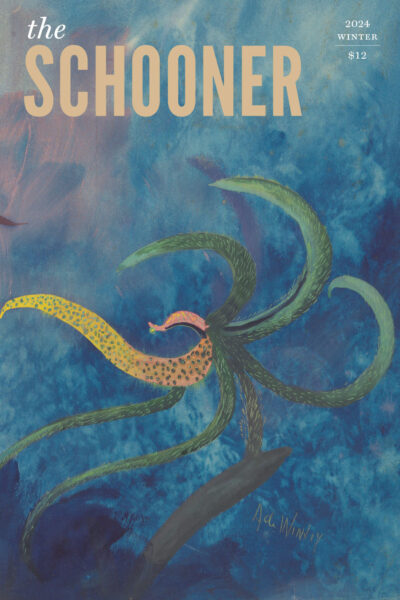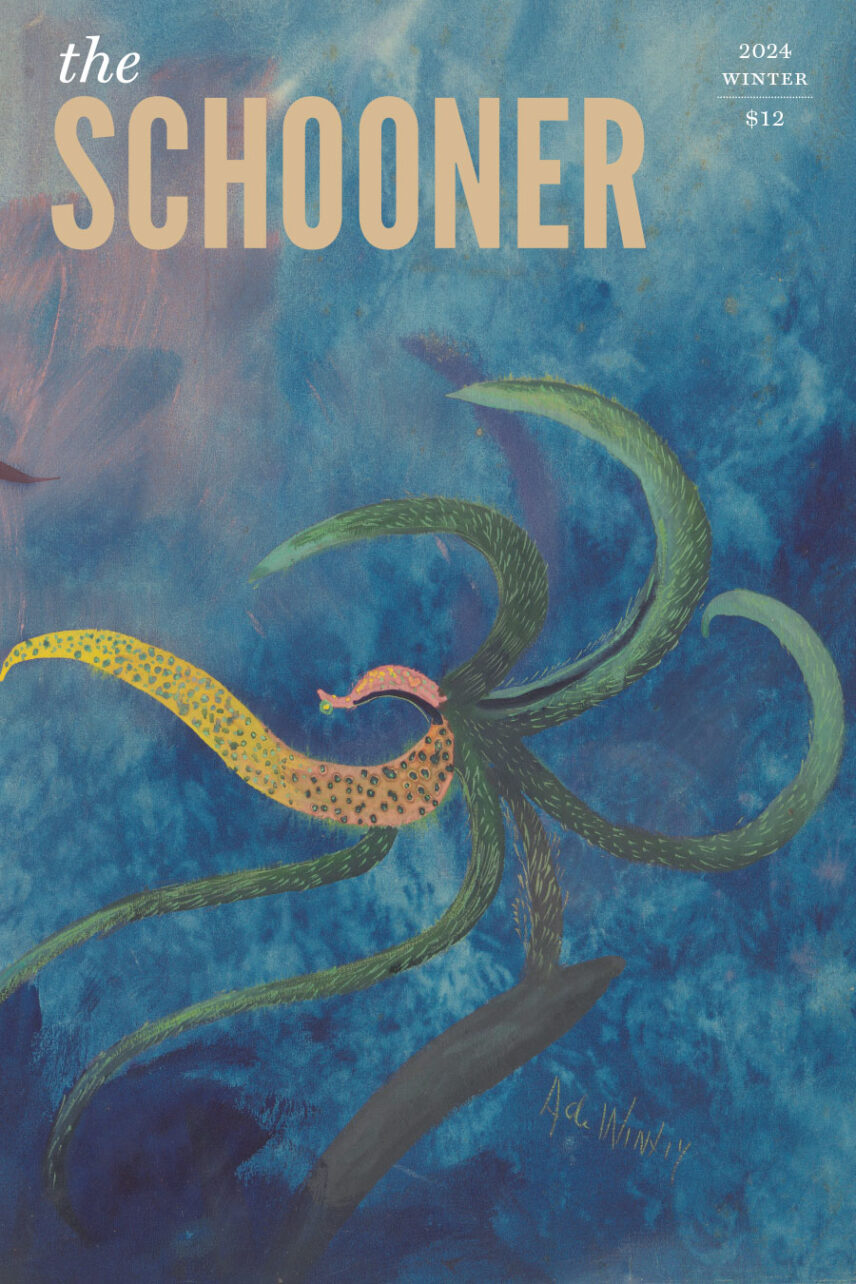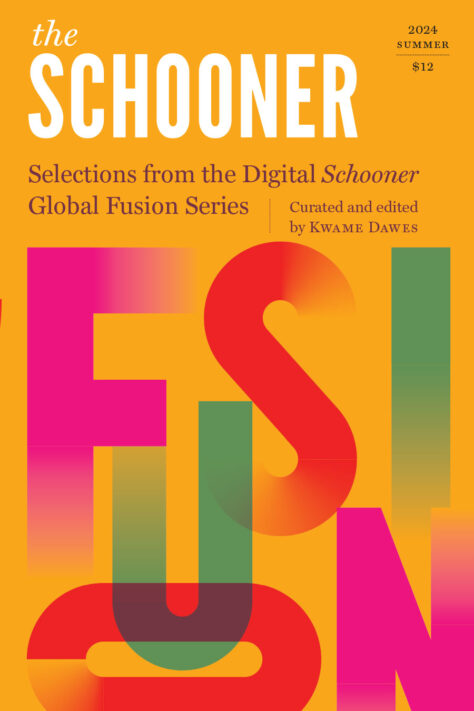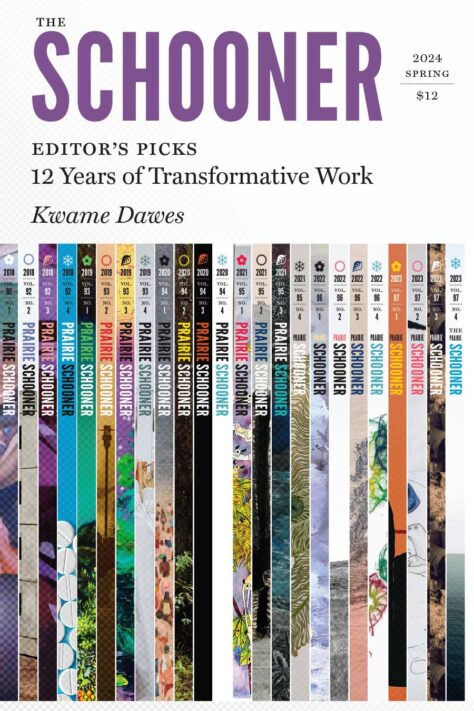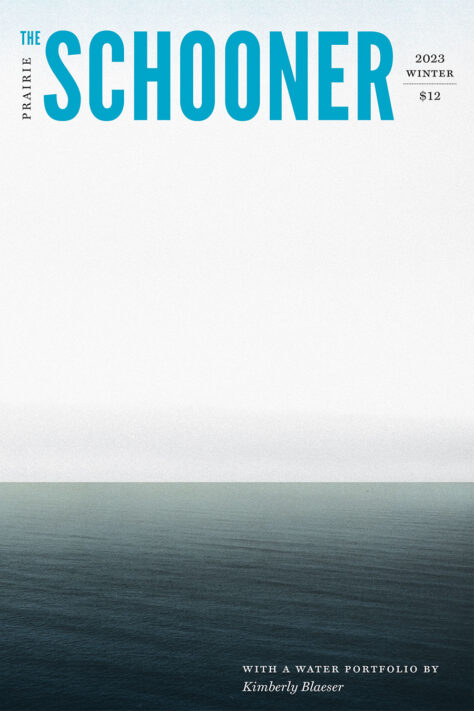Current Issue
Winter 2024 Volume 98 Number 4
This issue includes work by: Marilyn Hacker, Deema K. Shehabi, Chase Twichell, Orlando Ricardo Menes, Felicia Zamora, Cyril Dabydeen, Nadeem Zaman, Mary Morris, Marcia Lynx Qualey, Sabina Urraca, J.P. White, Matthew Gellman, Karan Kapoor, Keisha-Gaye Anderson, Brian Francis, Andrea L. Hackbarth, Jay Kophy, Nicholas Samaras, Enzo Silon Surin, Robert Thomas, Catherine DeNardo, Emily Black, Danielle Weeks, Tom Laichas, Alonso Llerena, Matthew Lippman, Christine Marshall, Wes Matthews, Genevieve Payne, Rachel Ephraim, Esi W. Nkyekyer, Abbie Kiefer, Avia Tadmor, Chris Watkins, Adam J. Gellings, Mariah Rigg, Brittany Perham, and Gracie Newman.
Subscribe Buy NowRecent Issues:
Print Issue Excerpts
Poetry and Prose from our most recent issues
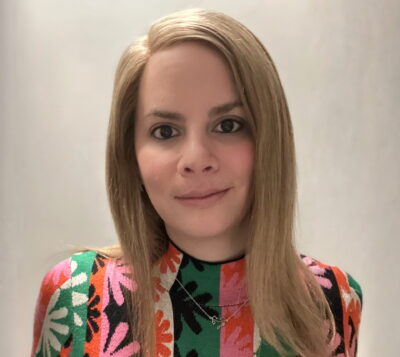
Boyish
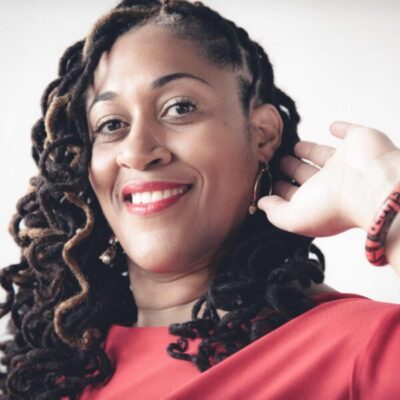
Mama

Special Registration
